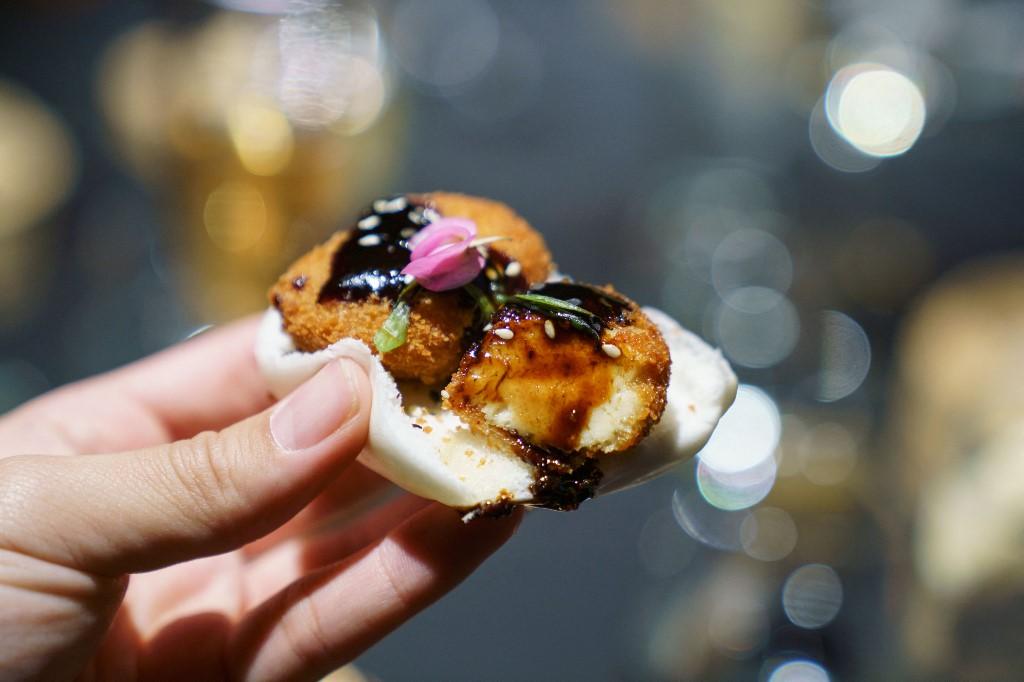Fresh from the lab to your table – Singapore aims to lead the world in animal-free meat
The tiny island with virtually no livestock and hardly any agricultural land hopes in time to become a meat producer.
Just In
The first company in the world to have a cultured meat product approved for sale is in Singapore, says Fortune magazine, and that’s a remarkable first.
Certified by the Singapore Food Agency last December, Eat Just’s chicken grown in a vat is now available to Singaporeans via delivery from Madame Fan, a Chinese restaurant at the Marriott hotel.
Earlier this month, Eat Just raised US$170 million in new funding, much of which it is investing in a larger factory in Singapore to produce “meat” for the Asian market.
Over the last couple of years, around 20 companies developing lab-grown meat and plant-based protein have set themselves up in Singapore.
This tiny island with virtually no livestock and hardly any agricultural land hopes in time to become a meat producer.
The country currently imports more than 90% of its food from more than 160 countries and the pandemic has disrupted vital global supply chains.
The government wants 30% of Singapore’s nutrition to come from domestic sources by 2030.
It has poured millions into the food-technology industry in the last two years, and is providing incentives and tax breaks for enterprises that take it.
Private investment in “alternative protein” is flooding in too.
Importantly, Singapore is the first country in the world to develop a regulatory framework to bring cultured meat to market. The Future Ready Food Safety Hub opened last month to help companies navigate the approval process to speed their products onto plates.
“Singapore provides a path to commercialisation,” says Carrie Chan, founder and CEO of Avant Meats, a company developing cultured fish in the city. “It is the only place in the world where that’s possible.”
However, there are two major obstacles standing in the way of Singapore’s dreams of “meat” self-sufficiency.
The first is cost.
Shiok Meats already makes a “shrimp” paste. The trouble is that it costs the company about US$5,000 to produce one kilogram of the paste, still far from commercially viable.
Most lab-grown cells are nourished with a substance called fetal bovine serum (FBS), extracted from aborted calves.
Used widely in the biotech industry, its production is highly regulated all over the world. Its supply is limited, and its cost is astronomical: 500 millilitres typically costs around US$500.
Also, an industry based on making meat without animal suffering really needs an option that doesn’t come from slaughterhouses.
The second big question for Singapore is whether more domestic production will actually reduce its reliance on foreign supply.
Substances like FBS have to be imported, as do the ingredients needed for Singapore’s other booming market, plant-based protein.
Singapore’s new Protein Innovation Centre opened last month. It’s an R&D facility for plant-based protein companies that want to develop new recipes and figure out how to industrialise them, but yet again most ingredients have to be shipped in.
Food waste is one possible solution to Singapore’s reliance on foreign ingredients.
One way of making protein in a factory is through fermentation. Ordinarily the microbes or fungus that produce such protein would be nourished with imported glucose, but scientists are studying whether they are partial to coffee grounds from Singapore’s cafes or old yeast from its breweries. That would at least give imported food a second life.
The future of Singapore’s nascent protein industry may be a combination of animal and vegetable.
“The trend we see right now is a mix of cultured meat and plant-based protein,” Adrien Beauvisage, Buhler’s president for southeast Asia says. “Full cultured meat in the market is far away, but animal proteins help enhance the texture of plant-based products.”
Even if Singapore fails in its goal to produce 30% of its own nutrition by 2030, the effort should bring other economic benefits.
Beauvisage says, “This goes beyond producing food for Singapore. It’s about being a brain for the region and developing services for other countries.”
Subscribe to our newsletter
To be updated with all the latest news and analyses daily.
